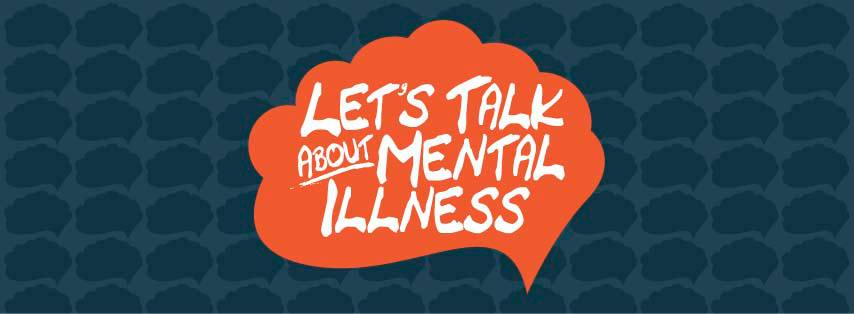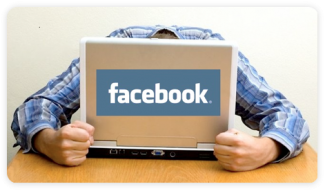An old friend and former workmate, Steve Repsys, has started a new community on Facebook called Let’s Talk About Mental Illness. If you have ever suffered from a mental disorder, I urge you to join and participate in the discussion.
Mood music:
I first met Steve nearly 16 years ago when I started my run as editor of the weekly newspaper The Billerica Minuteman. He had just started as a reporter. Neither of us knew at the time that we had mental illnesses — OCD for me and generalized anxiety disorder for him. It would be many years before either of us was diagnosed. In the meantime, we worked together in an office in Chelmsford, Mass. I was the boss and acted like it.
I was always stressed about getting the paper done by deadline. Quality didn’t really matter to me. OCD will do that to you: Getting the task done always takes priority over doing it right. Steve was the whipping boy, the sole reporter. I pushed him hard, nearly to the breaking point. He never let me down. But along the way, he would work so hard that his mind would go into loops. One loop involved a worry about finding an apartment. Another was about whether he would get a promotion. All normal things to worry about, except that he was clinically unable to stop it.
I carried on the same way about other things. Whenever the going got tough, we would both bitch about everyone who made it possible.
During the small windows of downtime, we would convene in my apartment a few steps away from the office and play Star Wars Trivial Pursuit. Star Wars was very important to us back then.
Steve eventually went on to another role in the company, and I went to The Eagle-Tribune. We both settled down and had kids. And in recent years, from different states, we’ve come to grips with our mental diseases.
Steve and I reconnected on Facebook a few years ago and it was clear to me that he was in the middle of a storm I had already passed through. He knew he had a problem and set about dealing with it. Because I write this blog, he has regularly sought me out for advice. I’ve seen the good and ugly of his struggle up close and watched a year ago as he hit bottom. He has since made awesome strides forward and went public about his experience in June. The response he received has been overwhelming and positive, much as I experienced at the birth of this blog.
That inspired him to start his Facebook page. I’m proud of him for doing the work to get well and for wanting to help others.
“I had signs of mental illness five years ago after the birth of my second daughter,” Steve wrote on Let’s Talk About Mental Illness. “Finally things became so bleak that I was forced to come to terms that I was suffering from a mental illness and I wanted to be around for my wife and two daughters. Admitting to myself I had a problem was the hardest, but the best thing I could have done.”
“This page is meant to give others hope and realize that they are not alone,” he continues. “If there is one thing I have learned is that by opening up and talking about our inner demons, the less scary they become.”


